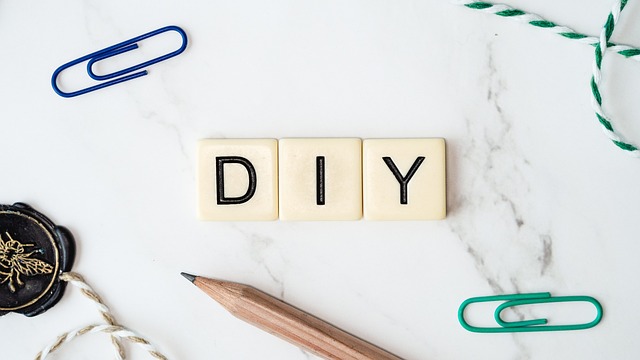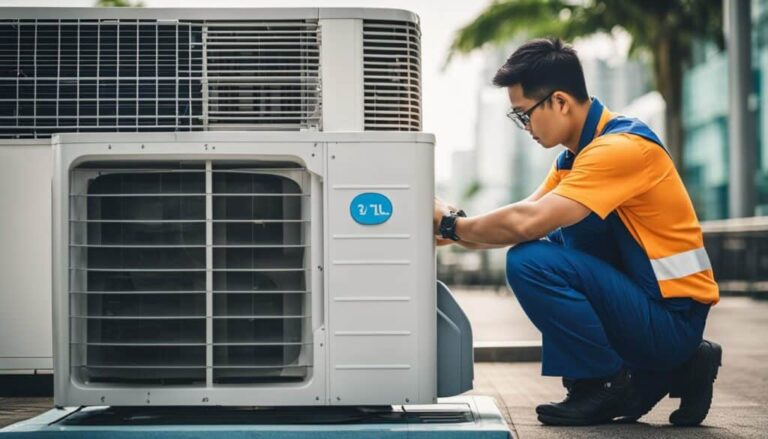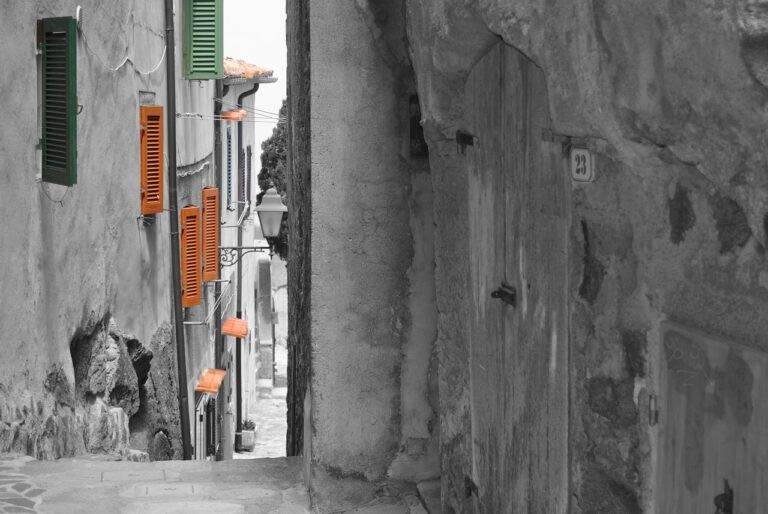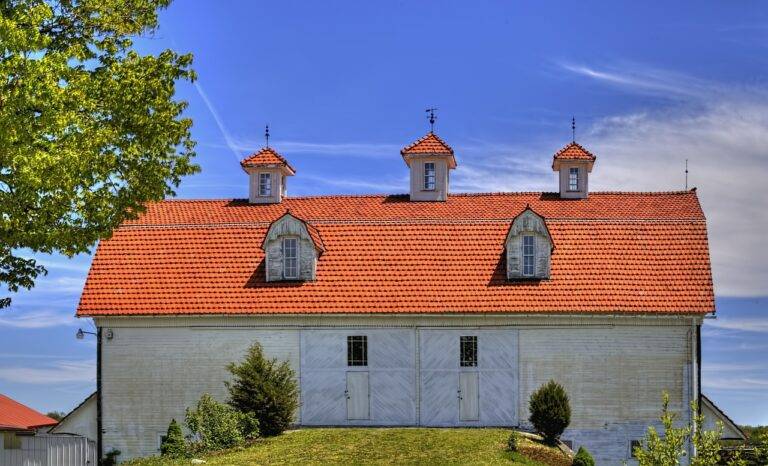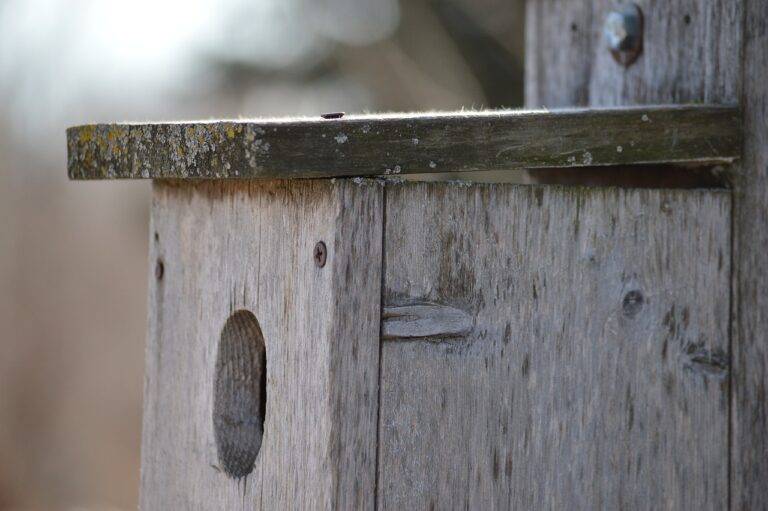The Importance of Timely Air Filter Replacement
Aircon Servicing Singapore: When your air filter is due for a change, there are several indicators that you can look out for. One common sign is reduced airflow from your vents. You may notice that certain rooms are not as cool or warm as they should be, despite the HVAC system running.
Another telltale sign that your air filter needs replacing is an increase in energy bills without a corresponding change in usage. A clogged filter forces your HVAC system to work harder to maintain the desired temperature, resulting in higher energy consumption. If you observe a spike in your energy costs, it could be a sign that your air filter is dirty and obstructing the system’s efficiency.
How a dirty air filter affects your HVAC system
When an air filter becomes dirty and clogged, it puts strain on your HVAC system. The buildup of dirt and debris restricts the airflow, causing the system to work harder to maintain the desired temperature in your home. This can lead to increased energy consumption and higher utility bills as the system struggles to function efficiently.
In addition to increased energy usage, a dirty air filter can also lead to potential damage to the components of your HVAC system. The restricted airflow can cause the system to overheat, leading to premature wear and tear on parts such as the blower motor, coils, and compressor. Over time, this can result in costly repairs or even the need for a full system replacement.
- A dirty air filter can also decrease the indoor air quality in your home. As the filter becomes clogged, it is less effective at trapping dust, pollen, and other airborne particles. This can lead to poor air circulation and an increase in allergens circulating throughout your home.
- Poor airflow caused by a dirty air filter can result in uneven heating or cooling in different areas of your home. Rooms farthest from the HVAC system may not receive adequate airflow, leading to discomfort for occupants.
- Neglecting to change or clean your air filter regularly can shorten the lifespan of your HVAC system. By allowing dirt and debris to build up within the system, you are putting unnecessary stress on its components and reducing its overall efficiency.
- Regular maintenance of your HVAC system, including changing or cleaning the air filter as recommended by the manufacturer, is essential to ensuring optimal performance and energy efficiency. By keeping a clean air filter, you can extend the life of your system and save money on utility bills over time.
In conclusion, a dirty air filter has several negative effects on your HVAC system that can impact both performance and longevity. By staying proactive with regular maintenance and replacing filters as needed, you can avoid costly repairs and keep your system running smoothly for years to come.
The impact of a clogged air filter on indoor air quality
A clogged air filter can significantly compromise the indoor air quality of your home. When the air filter becomes congested with dirt, dust, and other contaminants, it hinders the airflow in your HVAC system. As a result, pollutants and allergens that should be filtered out end up circulating throughout your home, leading to poor air quality.
In addition to allowing airborne particles to circulate freely, a clogged air filter can also contribute to the accumulation of mold and bacteria in your HVAC system. These harmful substances can further deteriorate indoor air quality, triggering allergic reactions and respiratory issues for you and your family. It’s essential to regularly replace your air filter to maintain a healthy living environment and ensure that your HVAC system operates efficiently.
How often should I replace my air filter?
It is recommended to replace your air filter every 1-3 months, depending on the type of filter and the amount of usage.
What are some signs that my air filter needs replacing?
Some signs that your air filter needs replacing include reduced airflow, increased energy bills, more dust and dirt around your home, and strange odors coming from your HVAC system.
How does a dirty air filter affect my HVAC system?
A dirty air filter can restrict airflow, causing your HVAC system to work harder and potentially leading to reduced efficiency, increased energy bills, and even system breakdowns.
How does a clogged air filter impact indoor air quality?
A clogged air filter can lead to poor indoor air quality by allowing dust, dirt, allergens, and other pollutants to circulate throughout your home, potentially causing health issues for you and your family.
What can I do to improve indoor air quality?
In addition to regularly replacing your air filter, you can improve indoor air quality by maintaining a clean home, using an air purifier, increasing ventilation, and reducing sources of indoor pollution.

